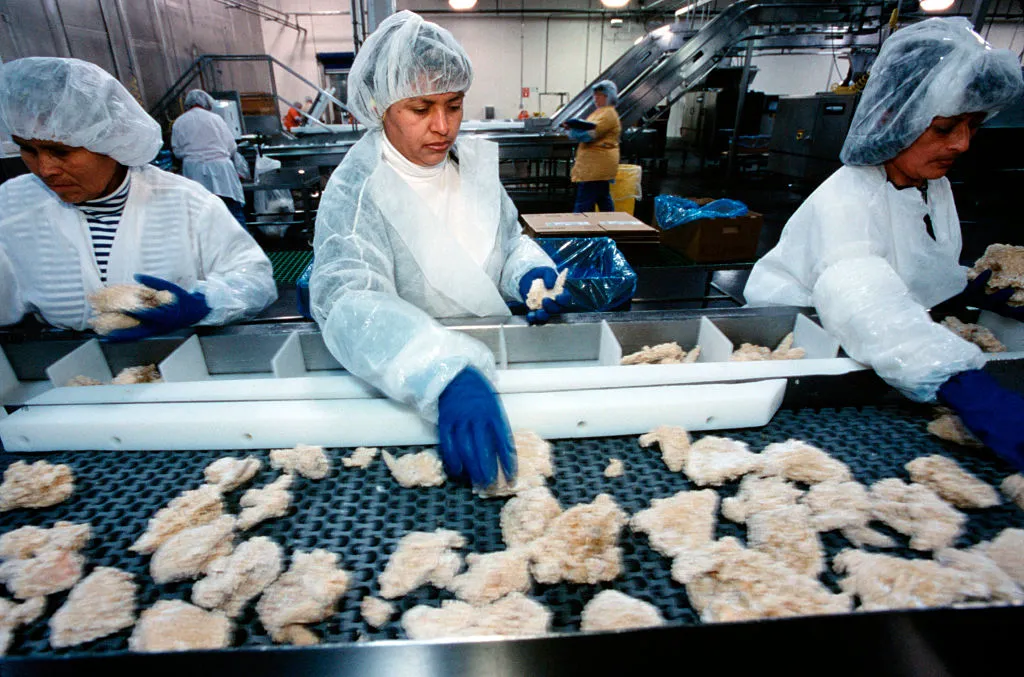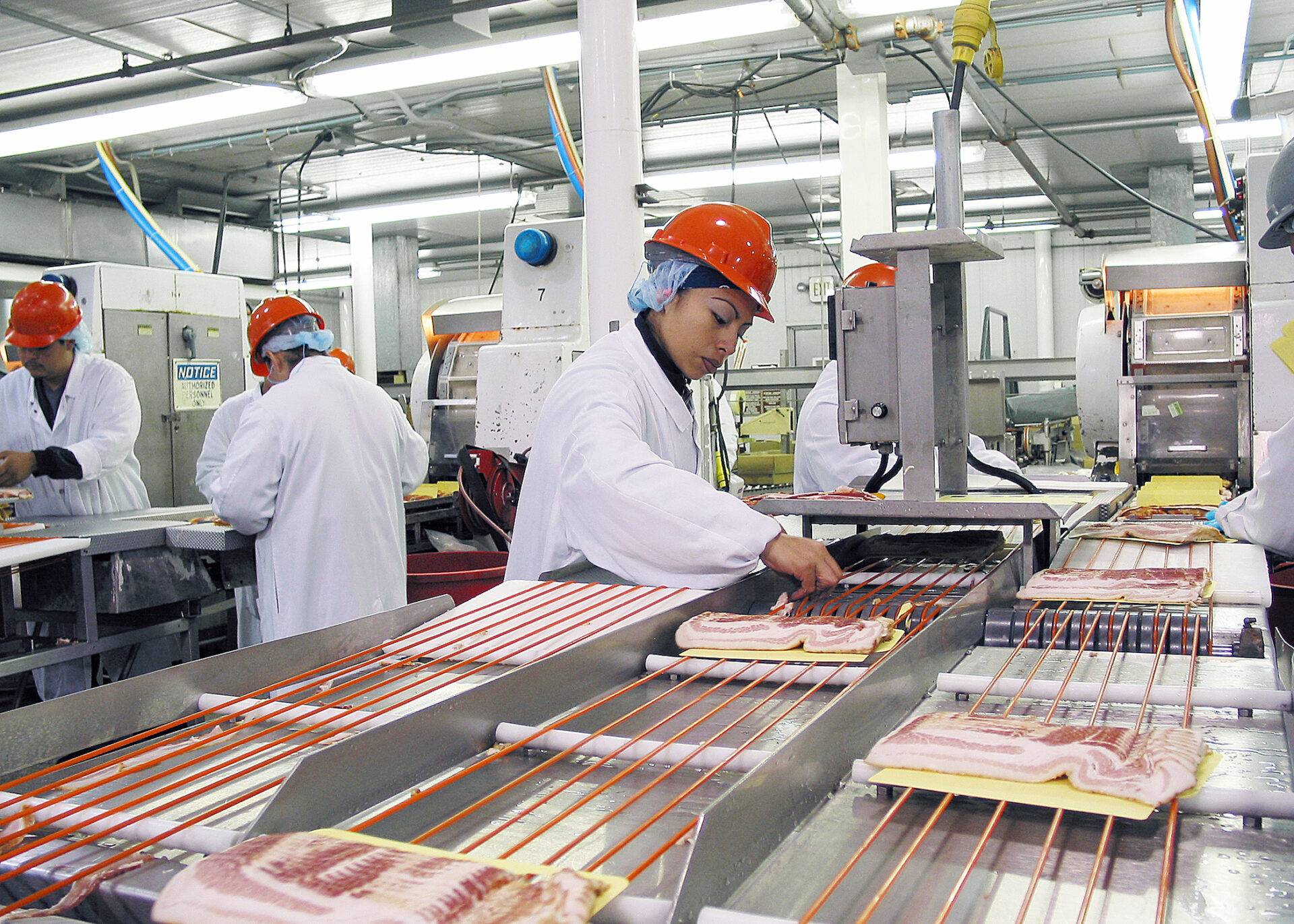Tyson Foods, a major meatpacker, has announced the permanent closure of its pork plant in Perry, Iowa. The decision, which affects approximately 1,200 employees, reflects shifting dynamics in the meat industry following the COVID-19 pandemic.
Impact on Perry, Iowa Community
The closure of the Tyson Foods pork plant comes as a significant blow to the community of Perry, Iowa, where the plant serves as the largest employer. With about 8,200 residents, the loss of 1,200 jobs will undoubtedly have far-reaching consequences for the local economy and residents’ livelihoods.
Company’s Response and Optimizing Operations
Tyson Foods has not only closed several U.S. chicken plants over the past year but has also laid off corporate employees. The decision to shutter the Perry pork plant underscores the company’s efforts to streamline operations and adapt to changing market demands. While the closure was a difficult decision, Tyson emphasizes its commitment to optimizing efficiency to better serve its customers.
Financial Challenges in the Pork Industry
The closure of the Perry plant reflects broader challenges facing Tyson Foods and the pork industry as a whole. Despite experiencing significant profits during the height of the pandemic, the company’s pork business suffered an adjusted operating loss in the fiscal year ending September 30. Declining sales volumes and sliding prices have contributed to the financial strain on Tyson’s pork operations.
Industry Trends and Oversupply
The closure of Tyson’s Perry plant is not an isolated event within the pork industry. Smithfield Foods, another major player, announced similar measures, including ending contracts with hog farms and shuttering production facilities in response to oversupply and weakened consumer demand. These trends underscore the broader challenges facing the pork industry and its stakeholders.
The Future of Pork Production in the U.S.
The closure of Tyson’s Perry plant highlights the need for strategic reassessment within the pork industry. As companies grapple with oversupply and shifting consumer preferences, there may be opportunities for innovation and restructuring to ensure long-term sustainability. The fate of pork production in the U.S. hinges on the industry’s ability to adapt to evolving market dynamics and consumer demands.
Conclusion: Navigating Challenges in the Meat Industry
The closure of Tyson Foods’ pork plant in Perry, Iowa, marks a significant development in the meat industry, reflecting ongoing challenges exacerbated by the COVID-19 pandemic. As companies like Tyson navigate financial pressures and shifting market dynamics, communities and workers bear the brunt of these changes. Looking ahead, stakeholders must collaborate to address industry challenges and forge a path toward a more resilient and sustainable future for meat production.
Related to Tyson Foods: Tyson Foods Aims for Double-Digit Growth With Godrej



